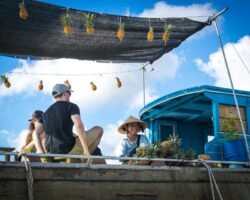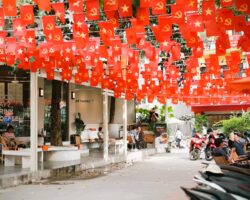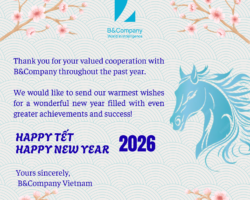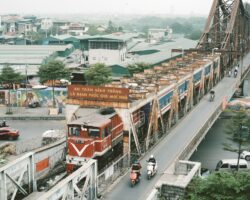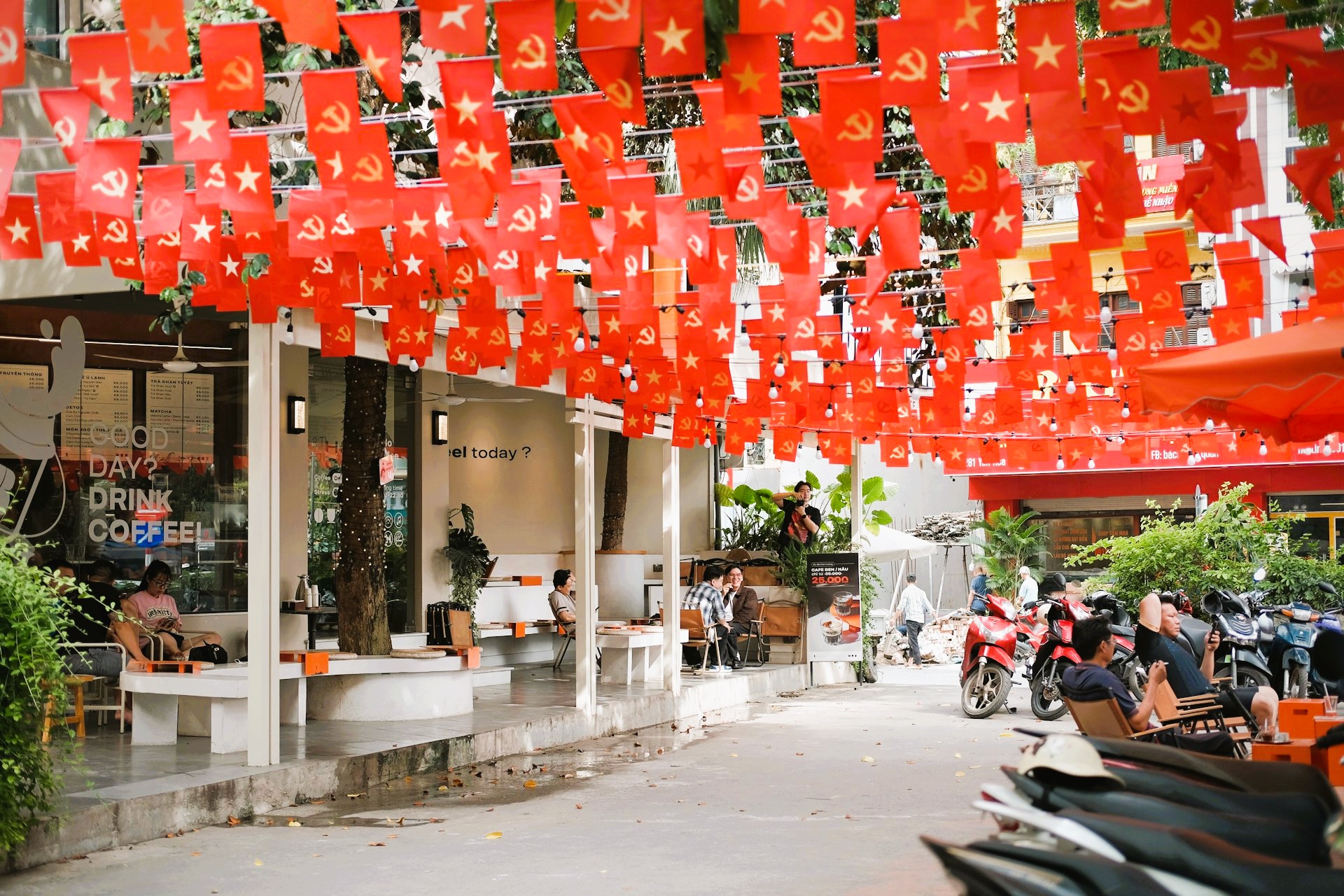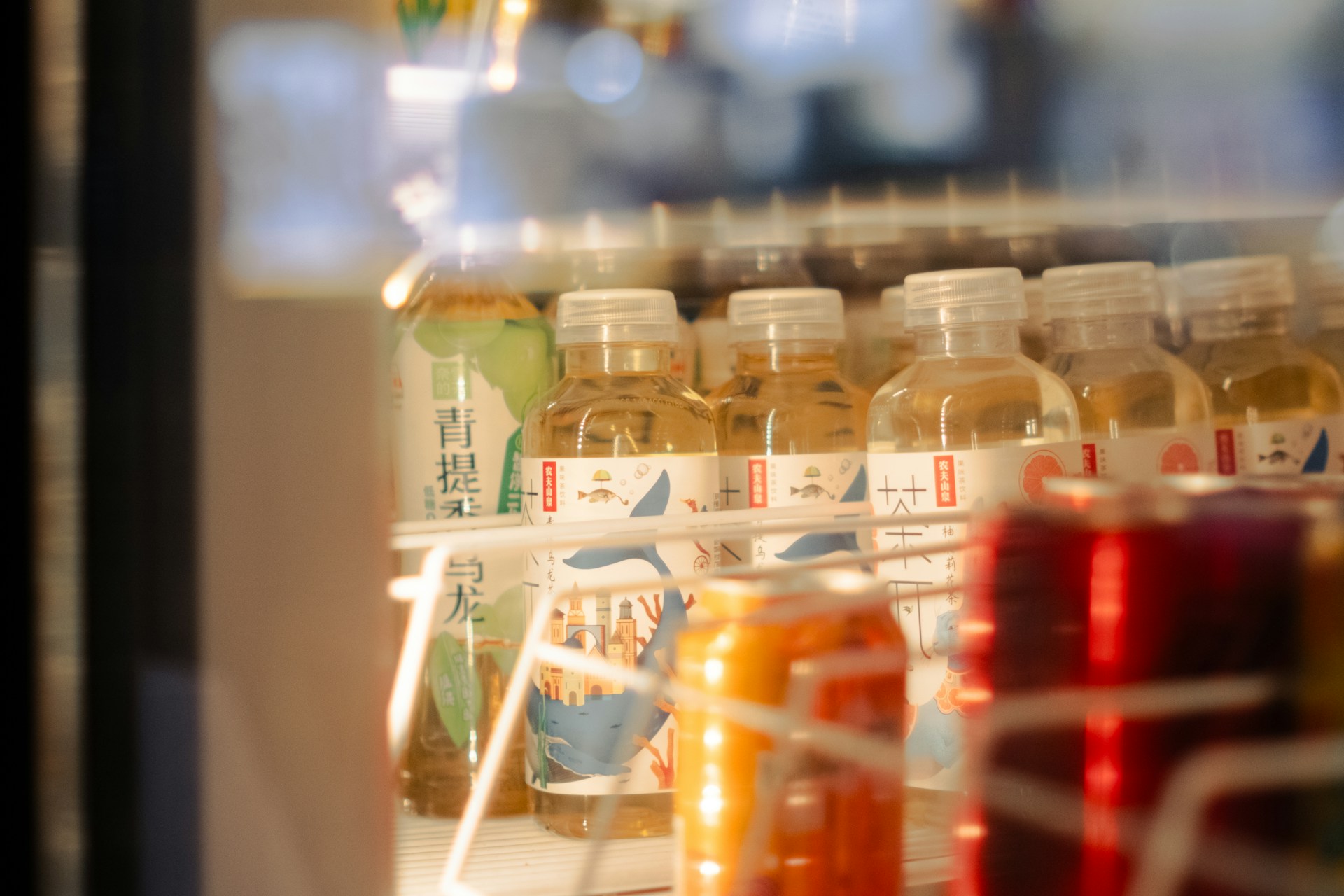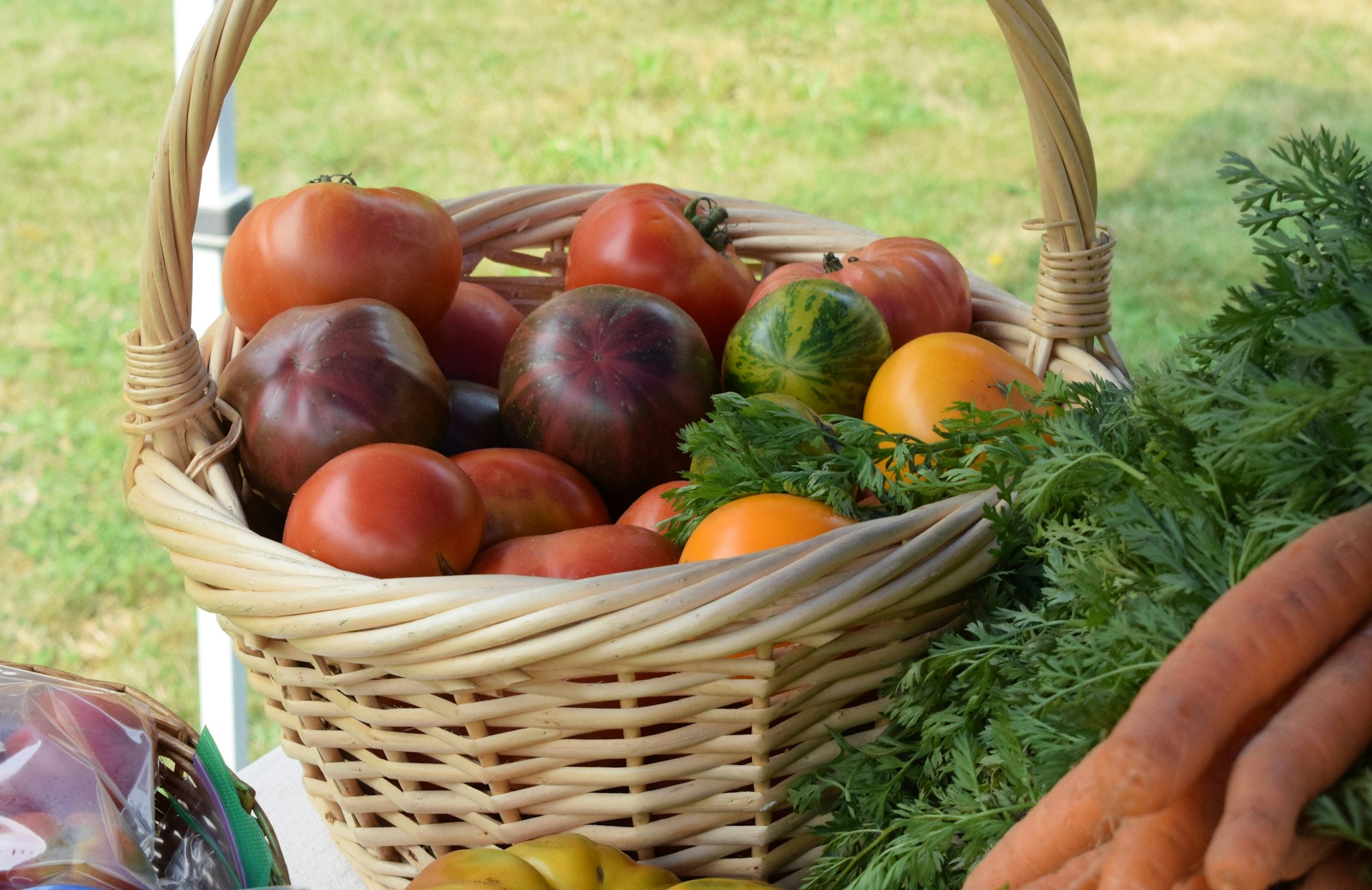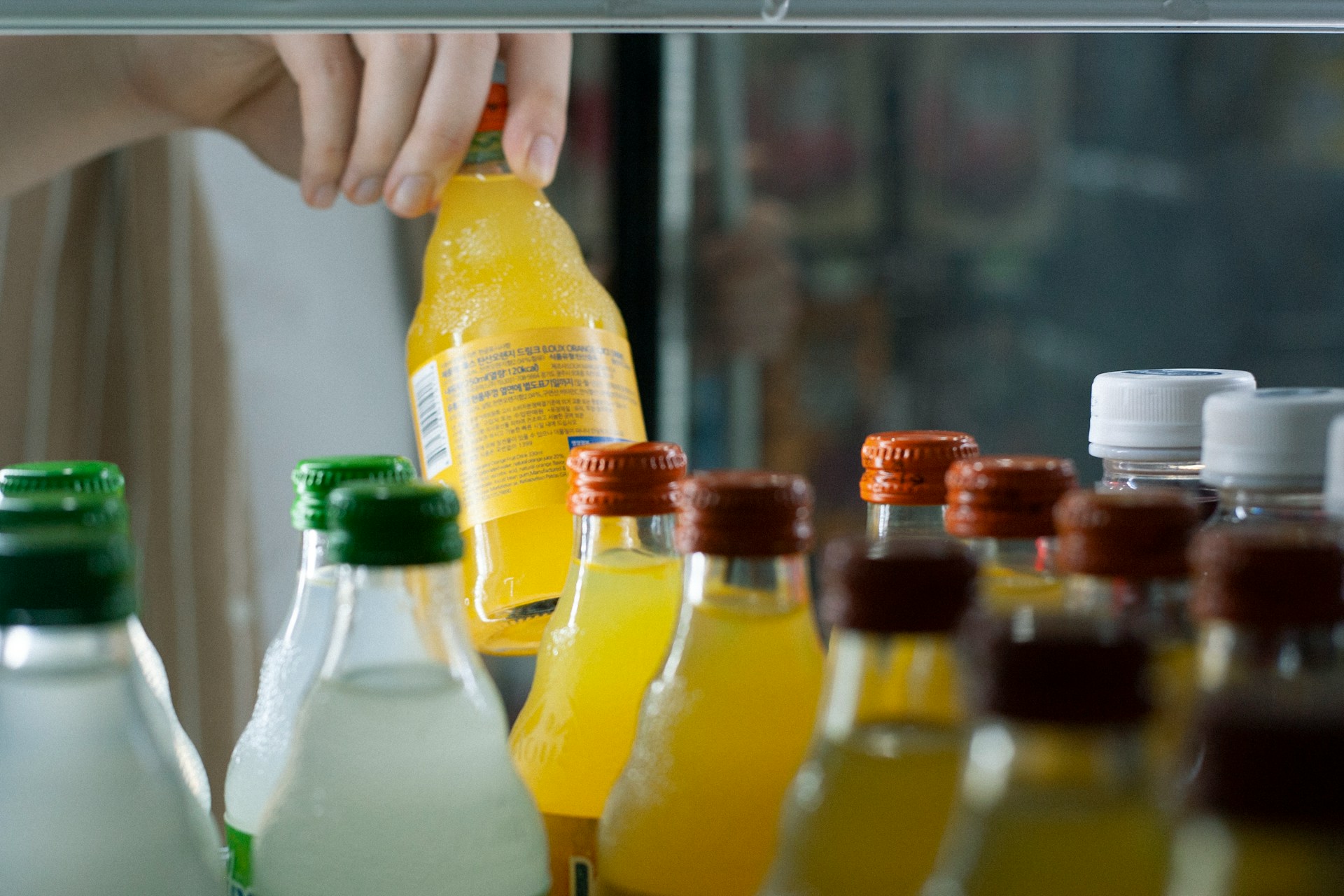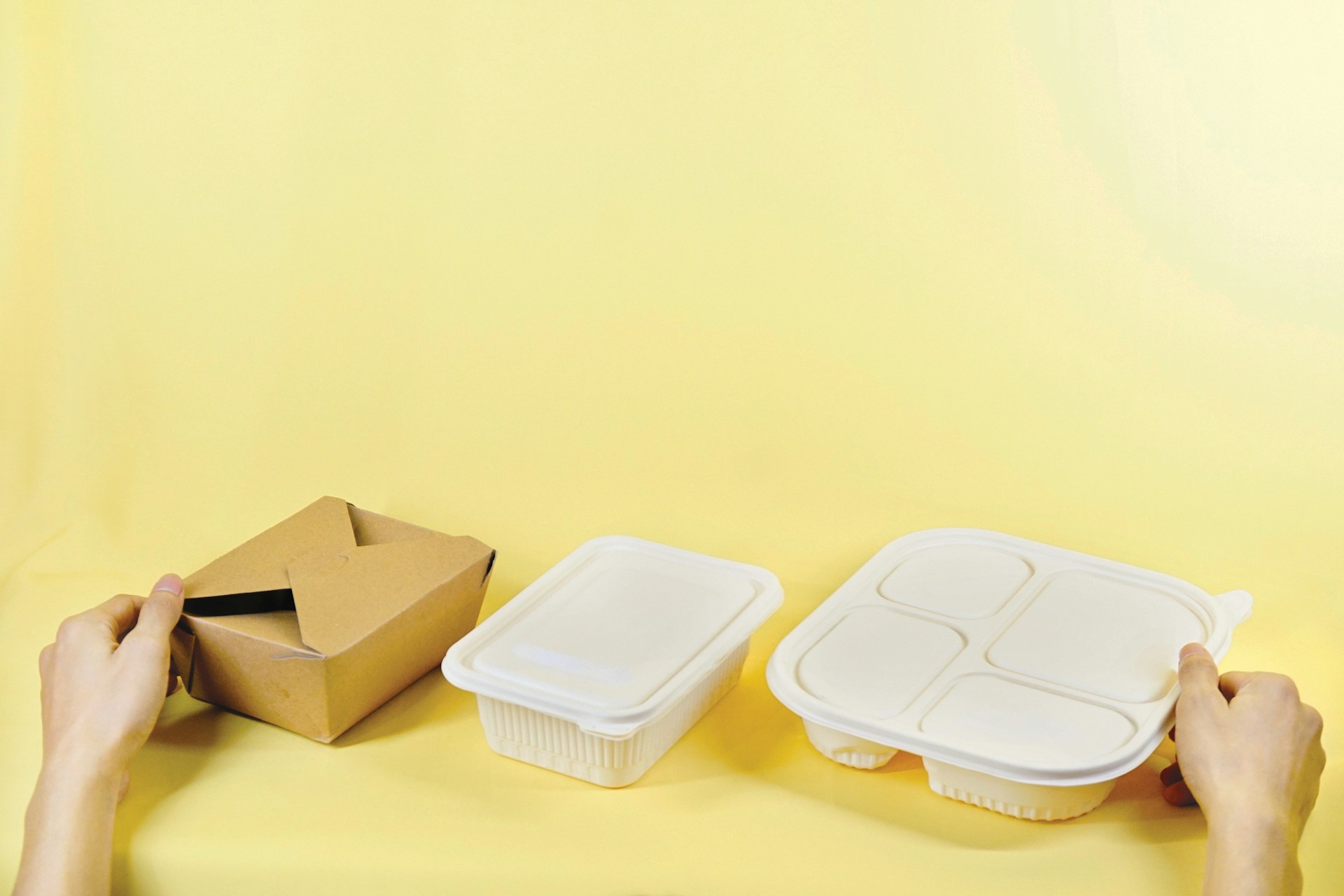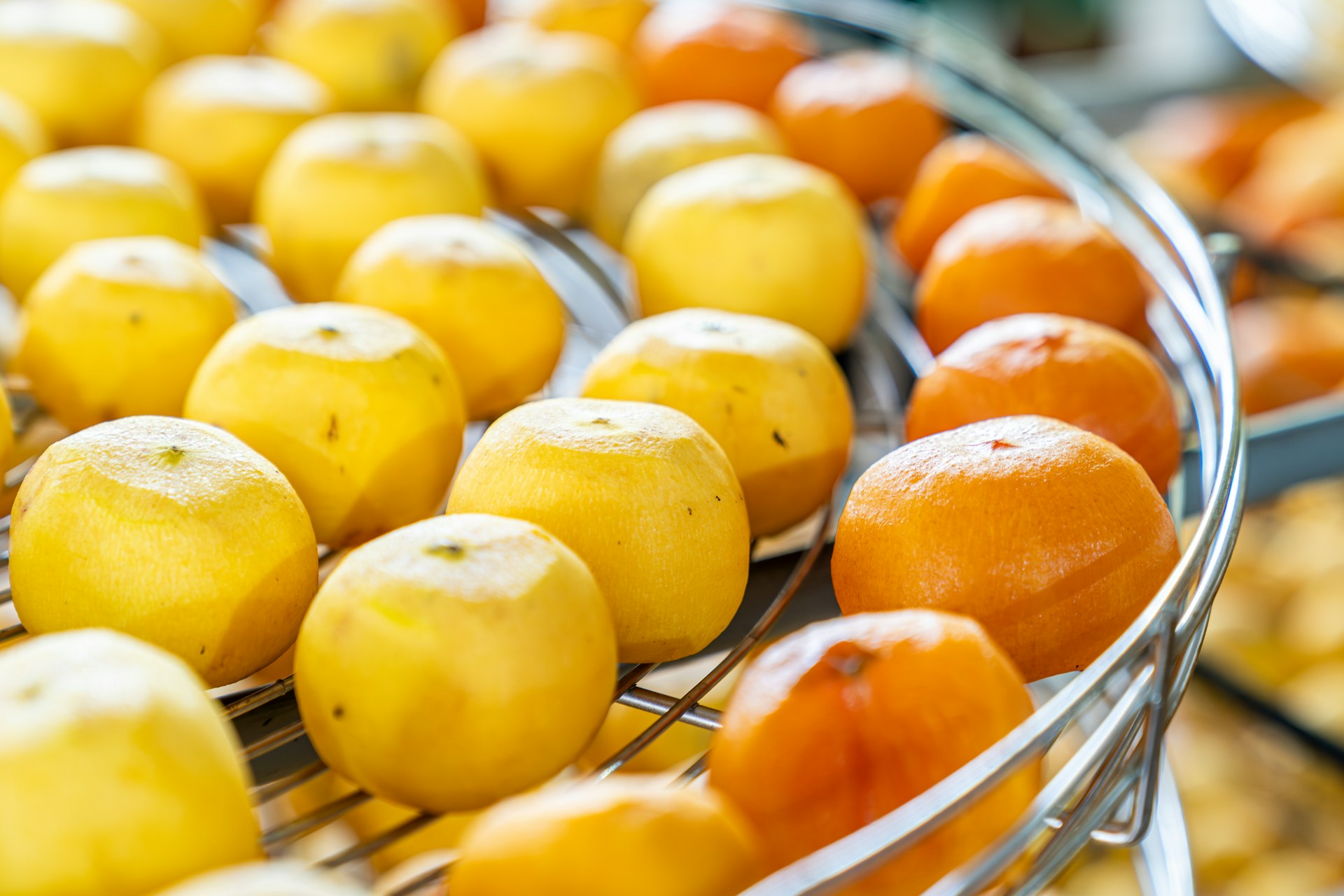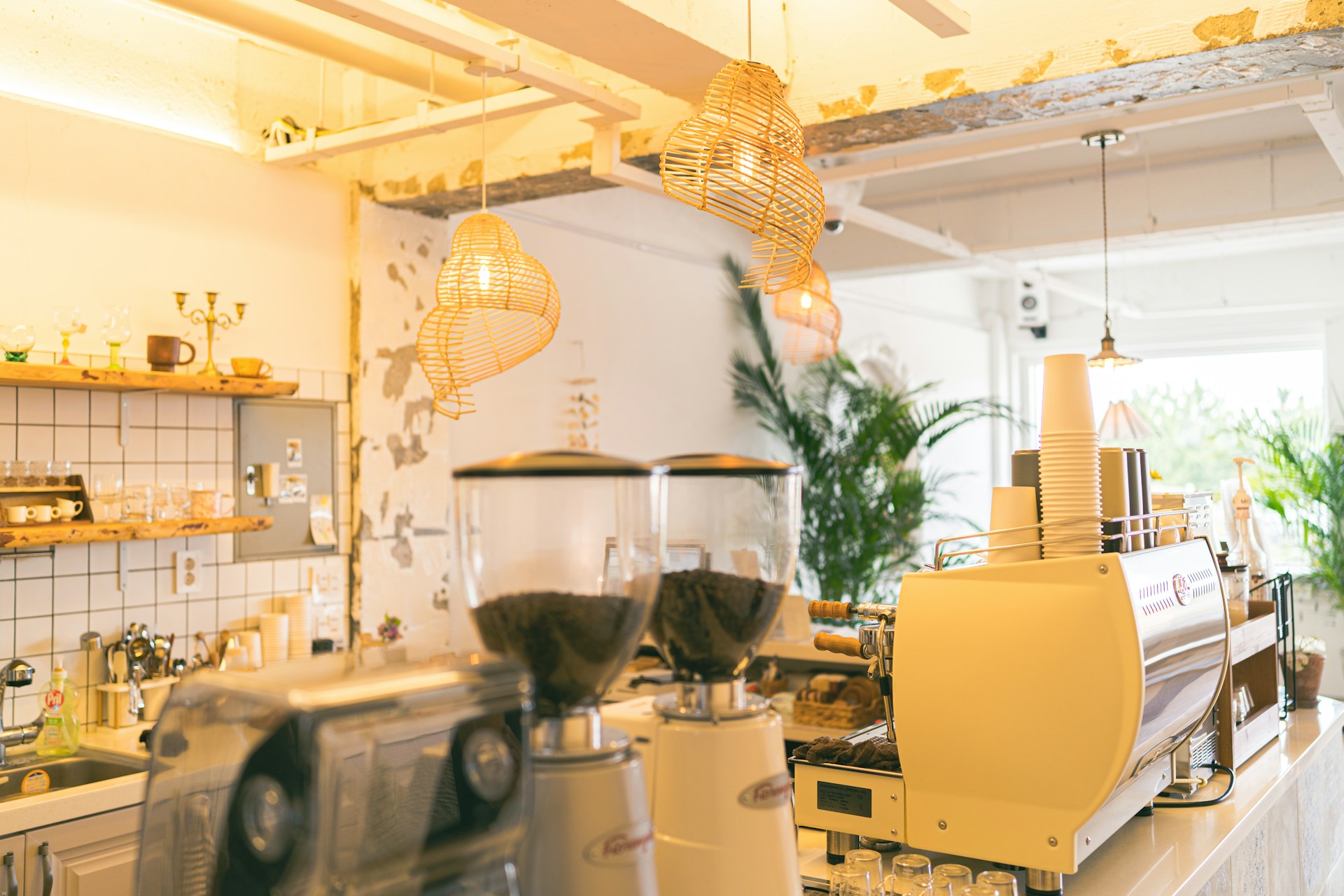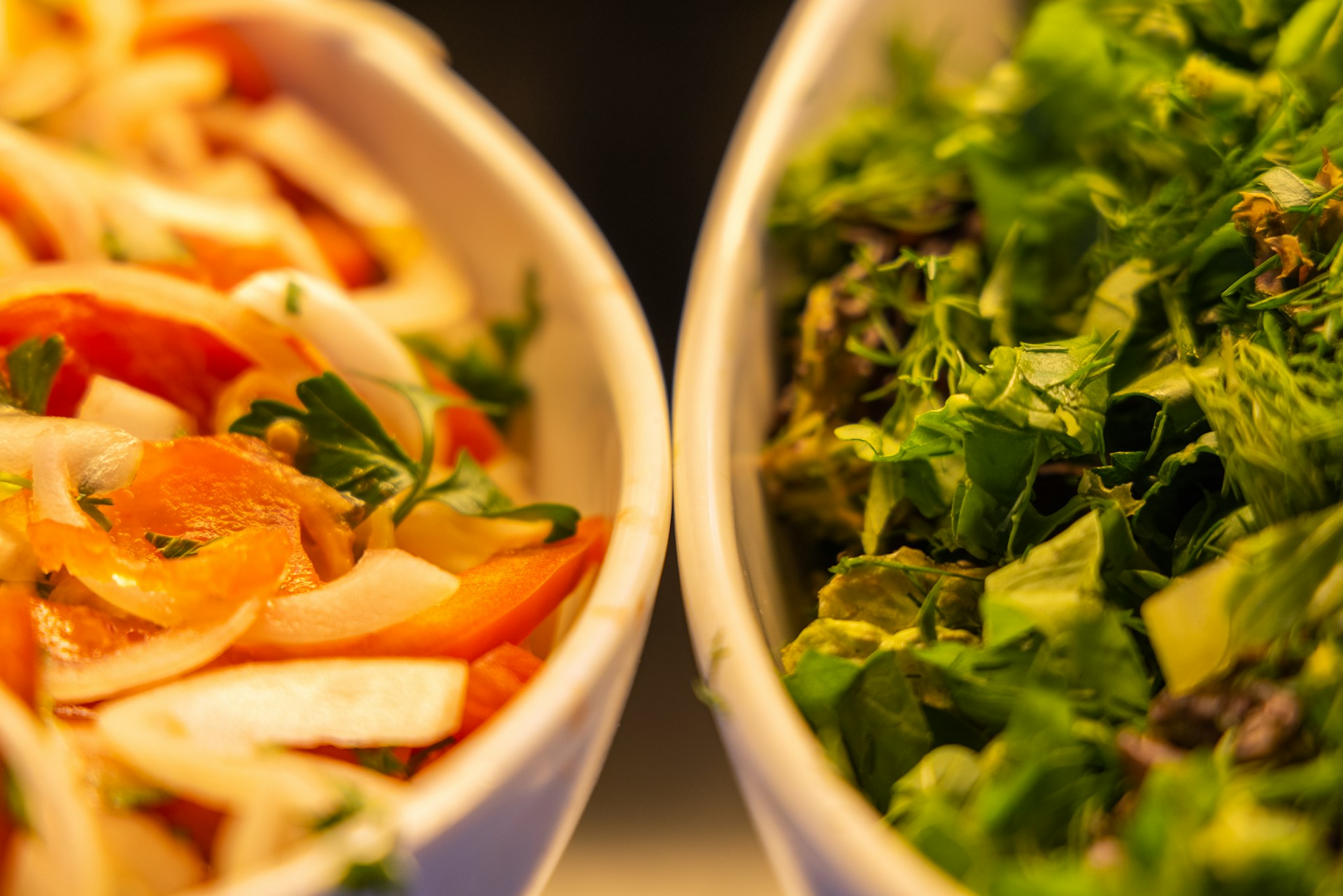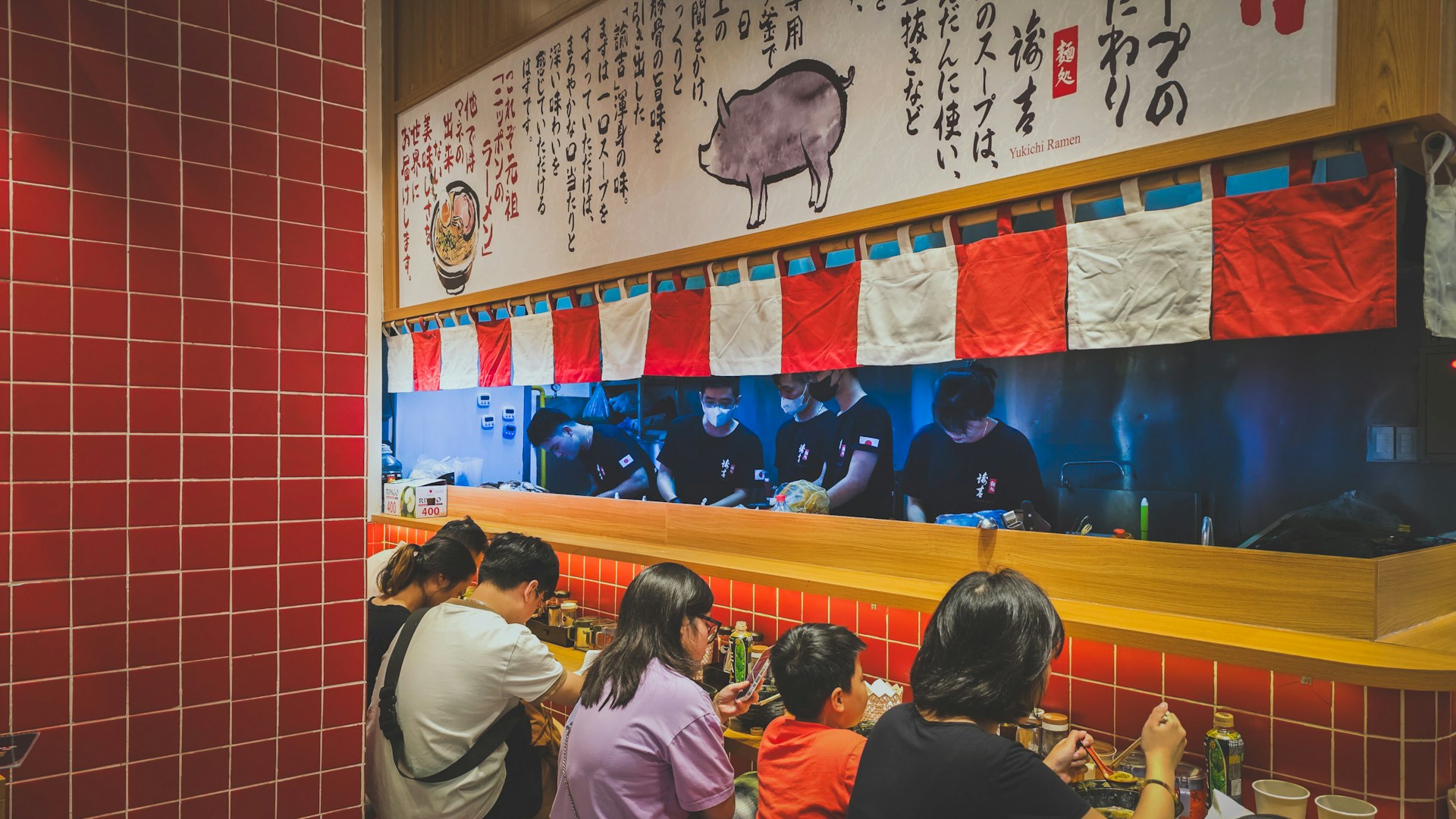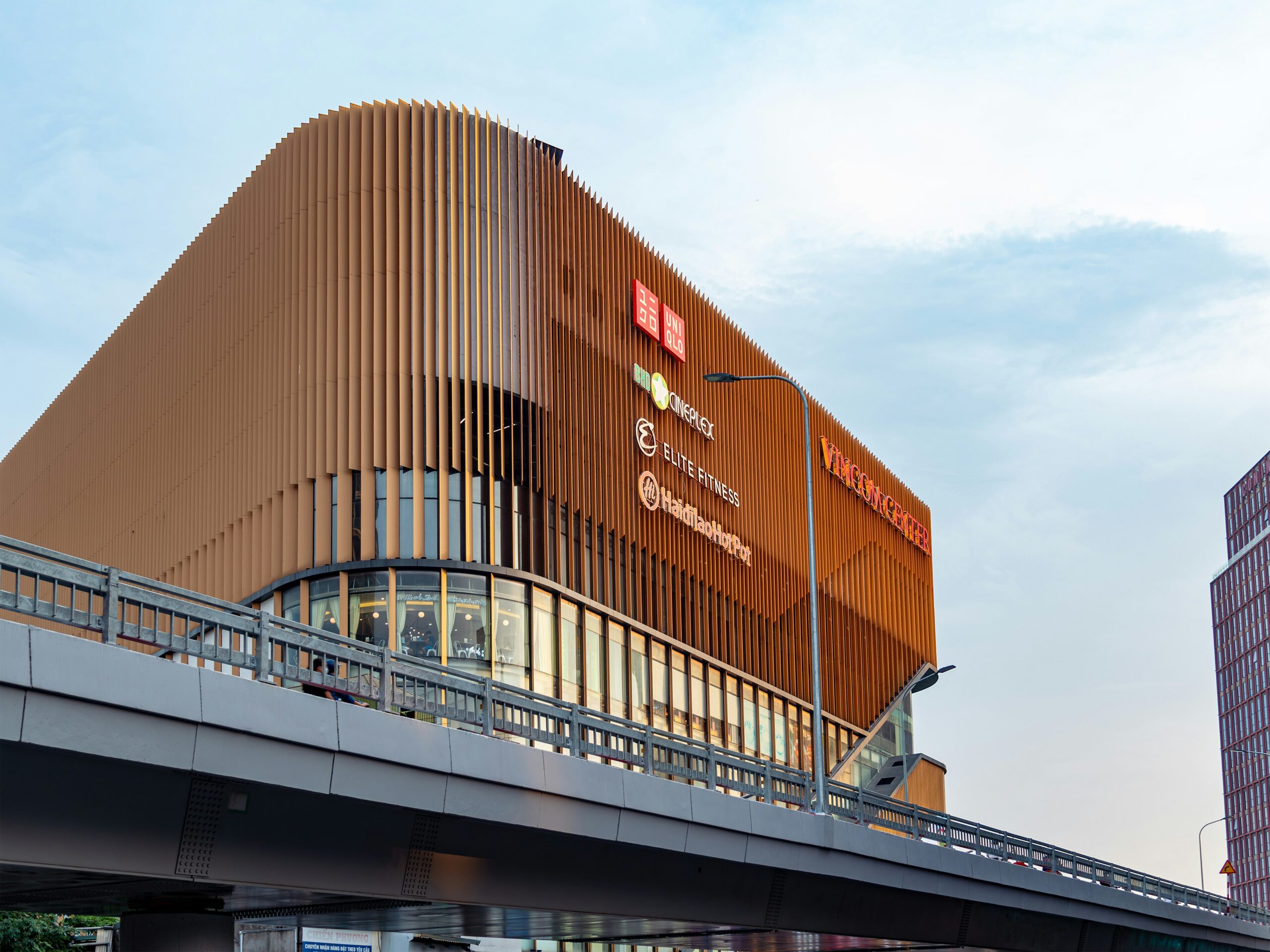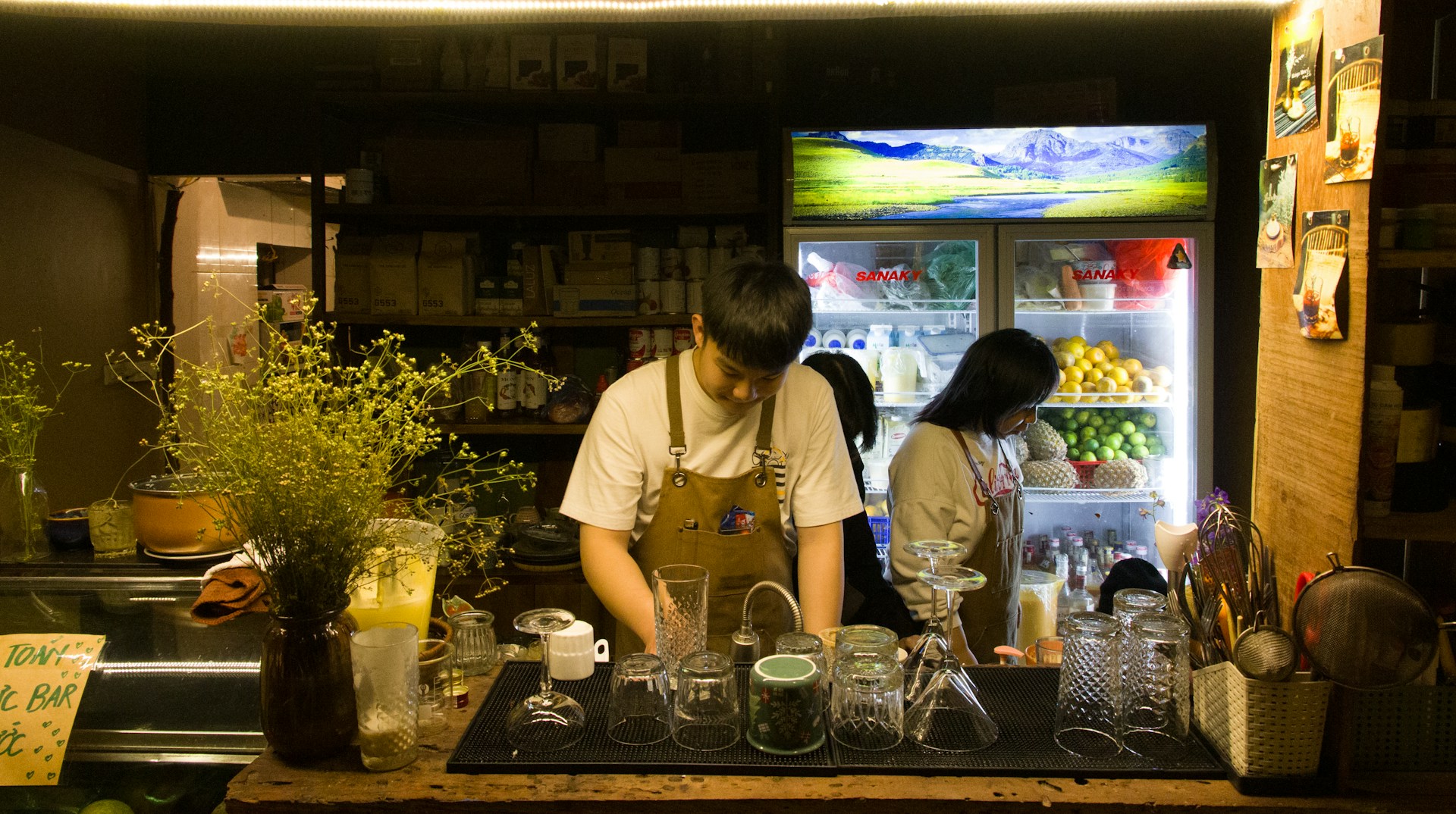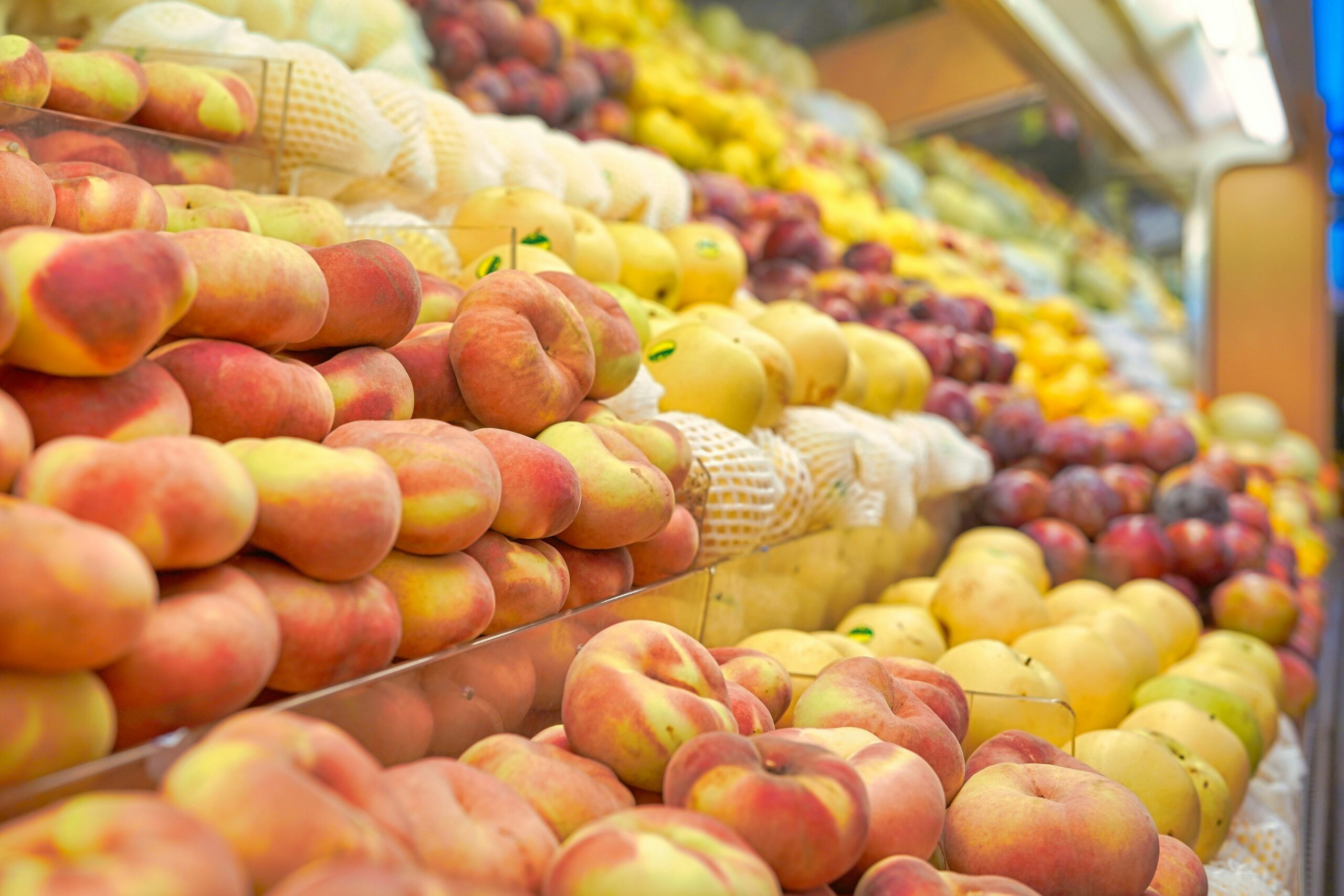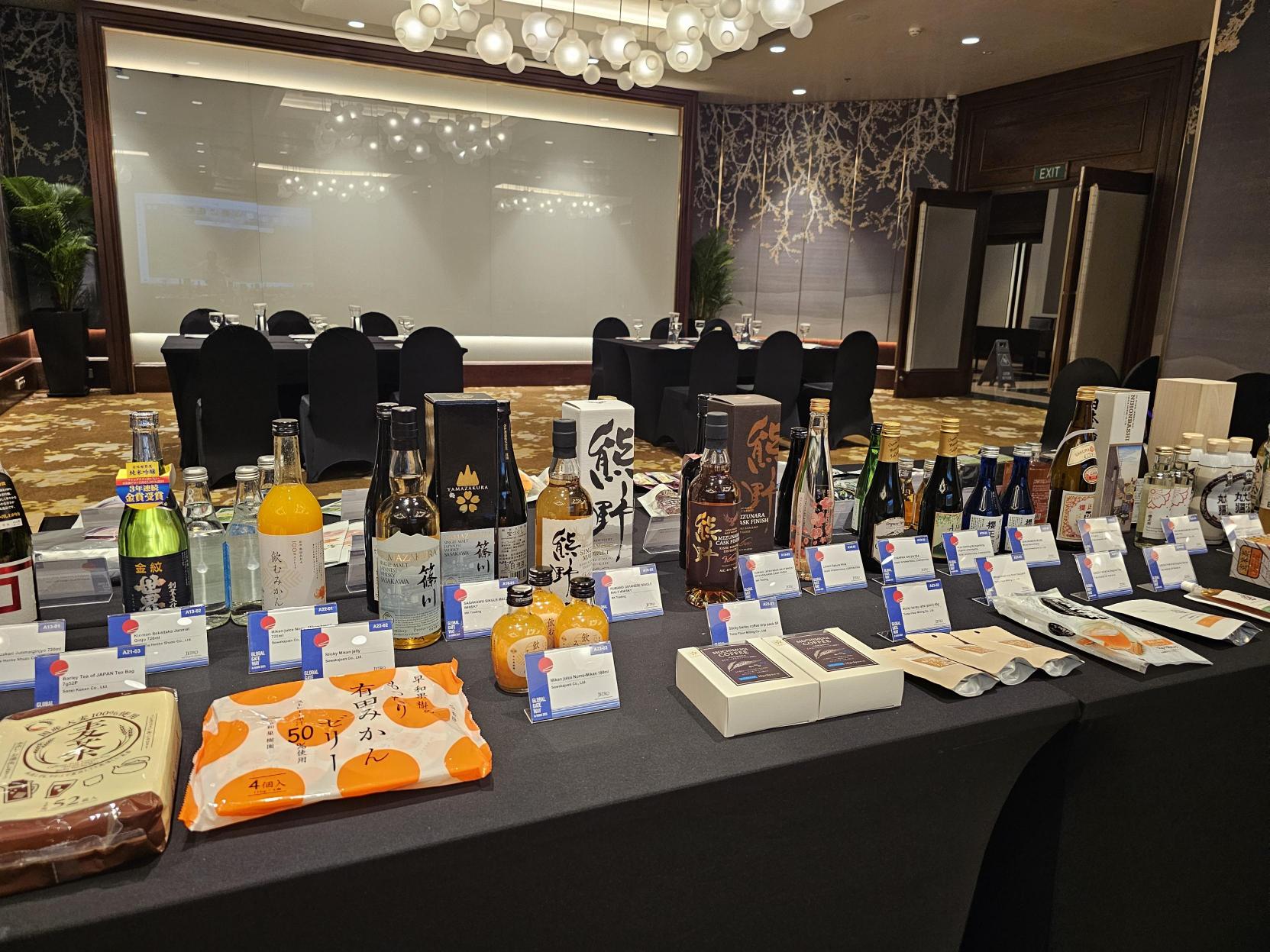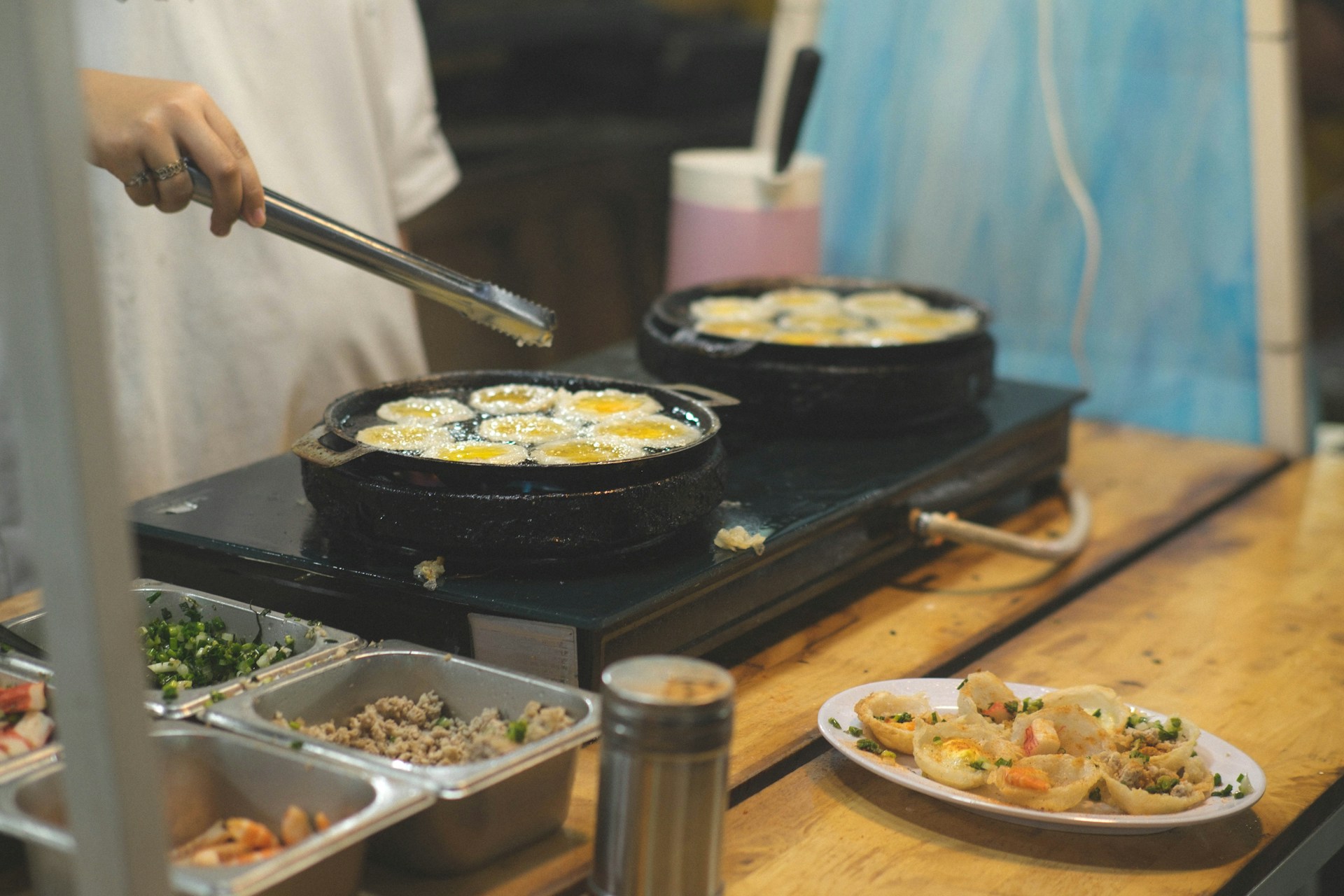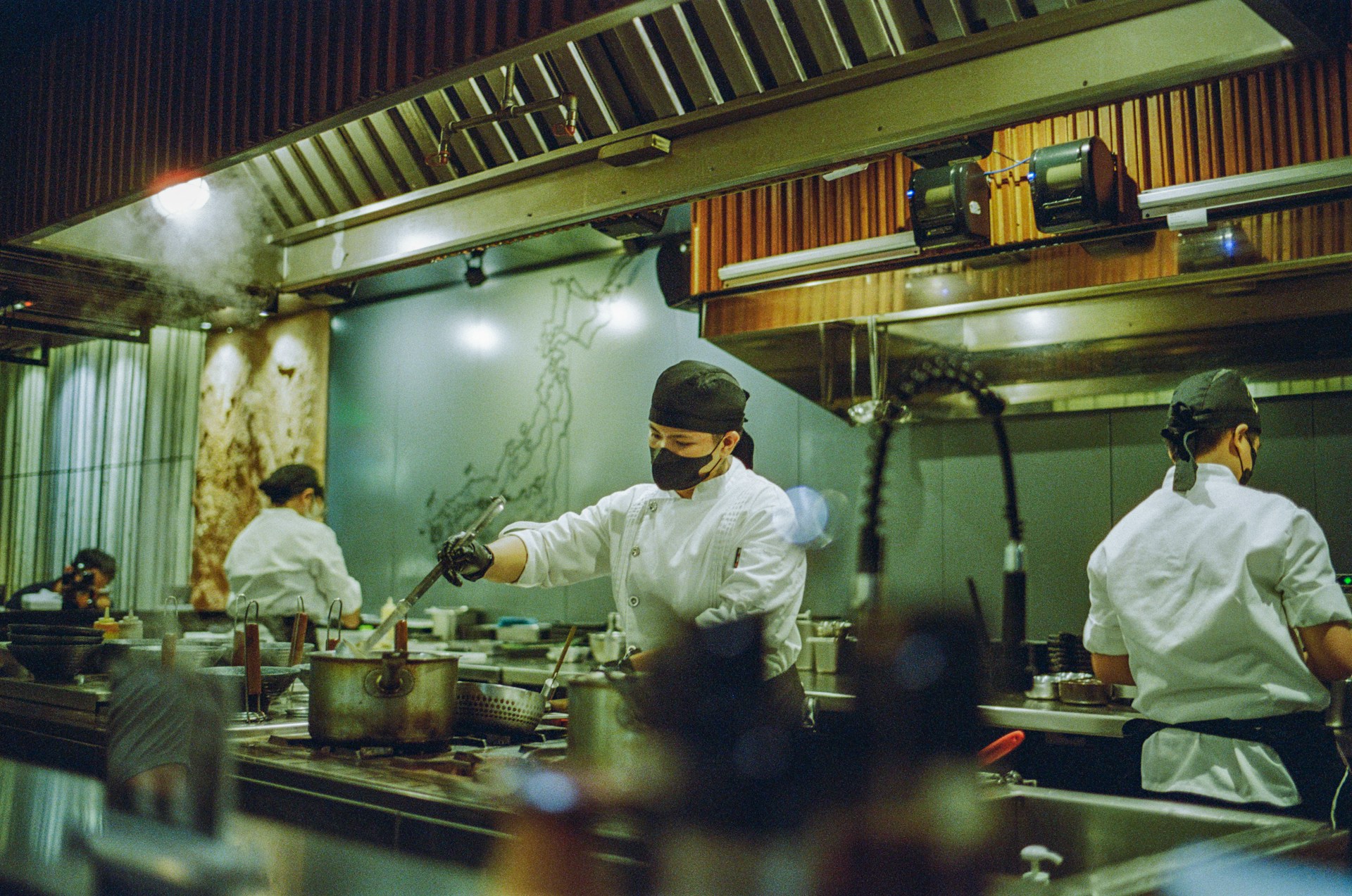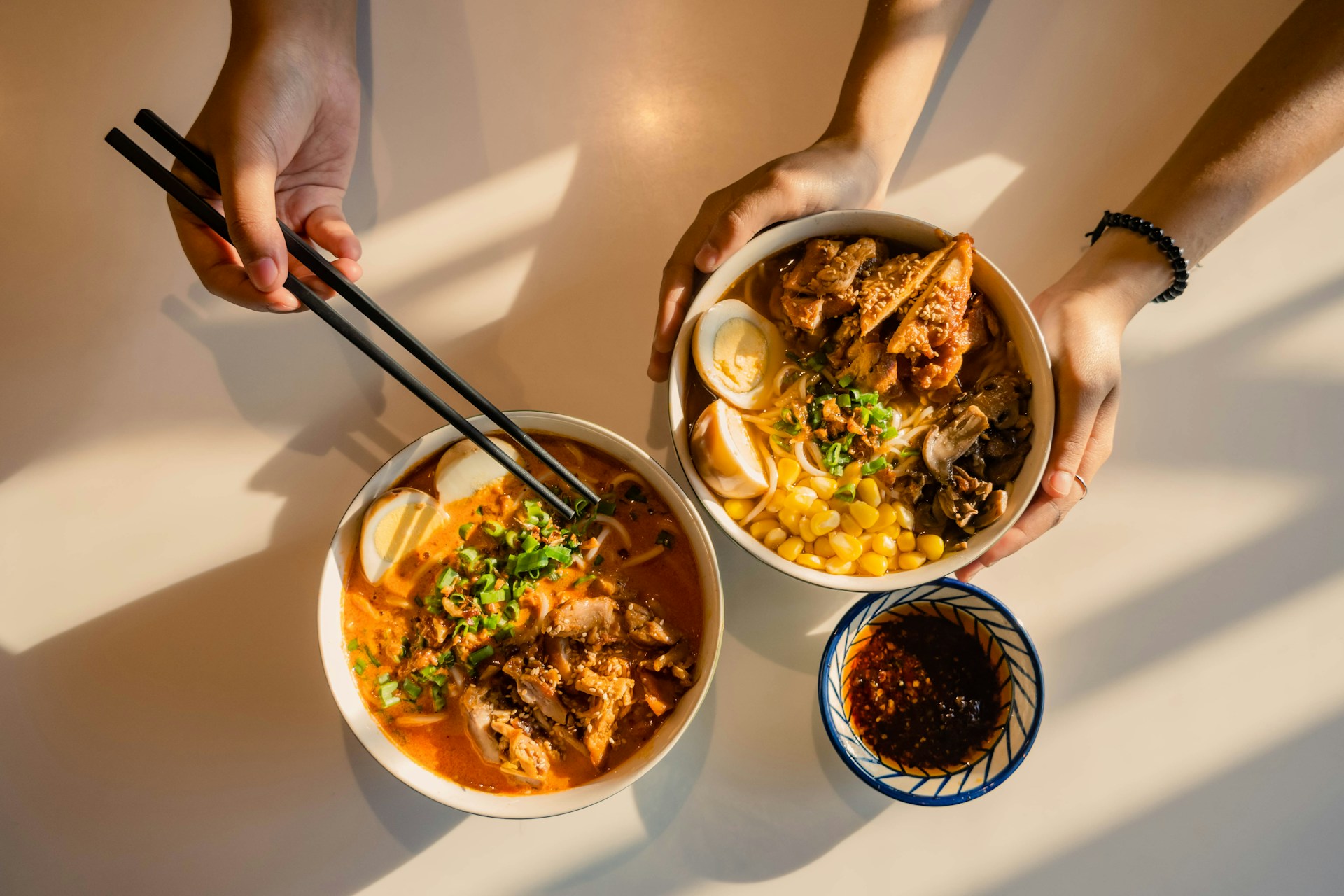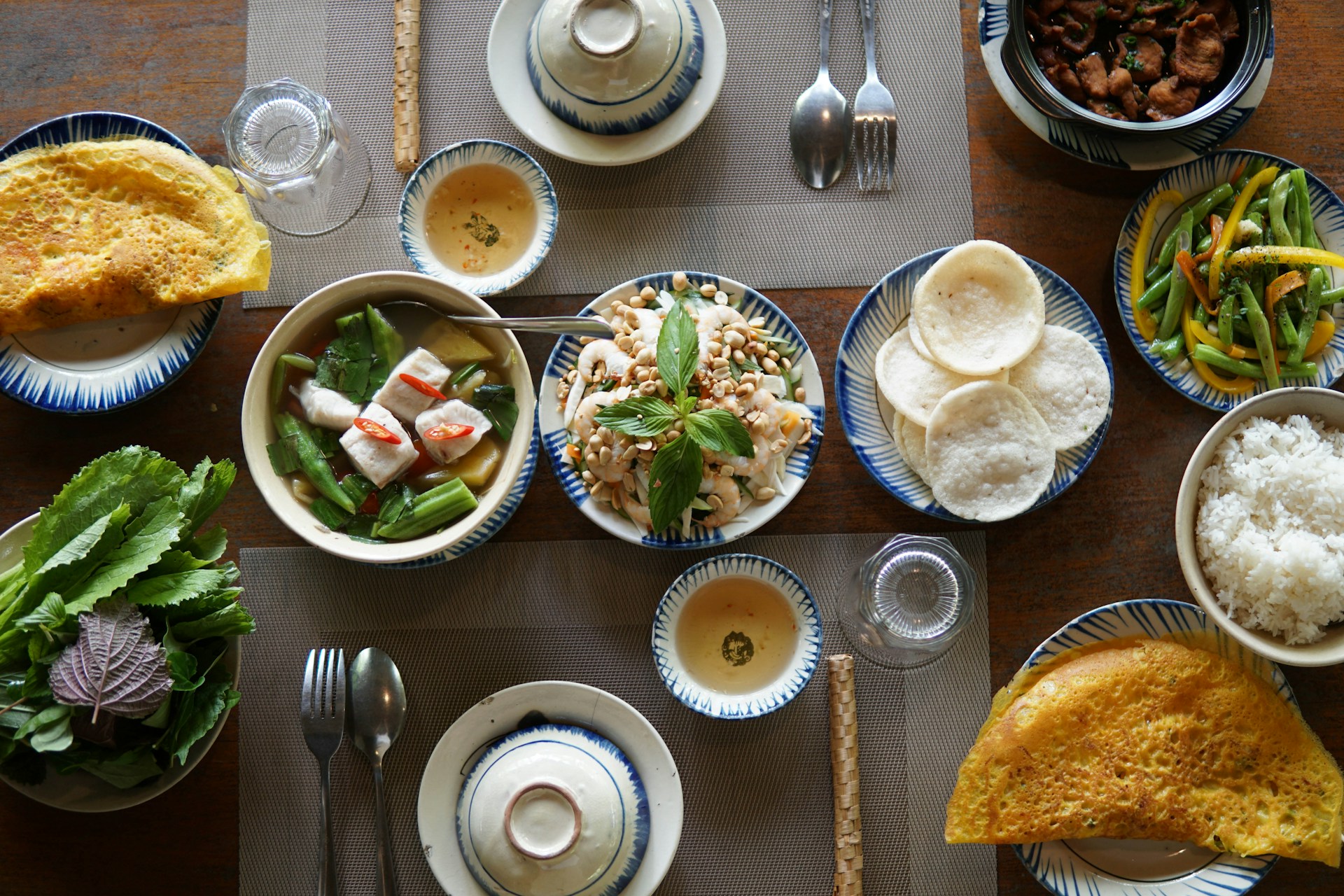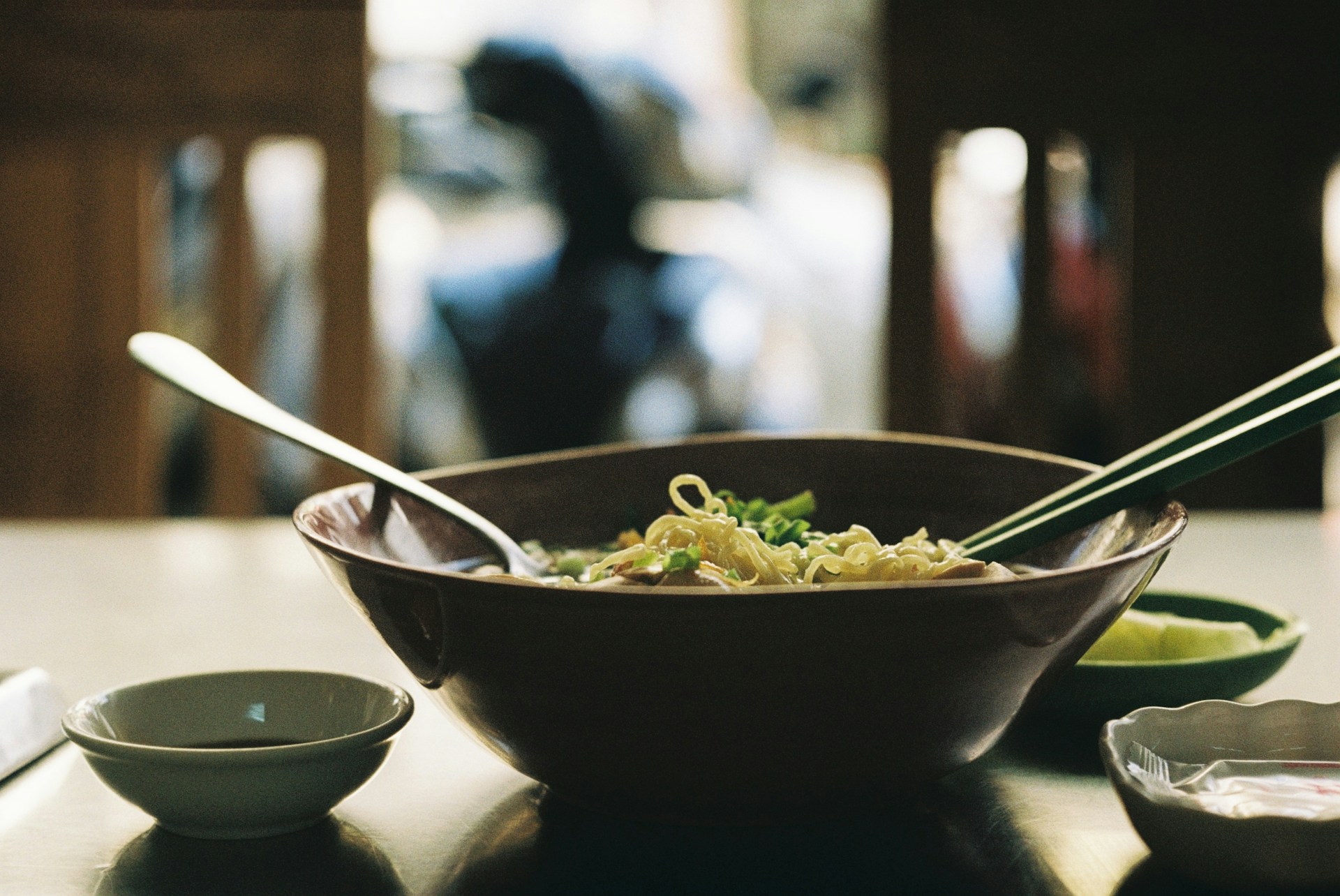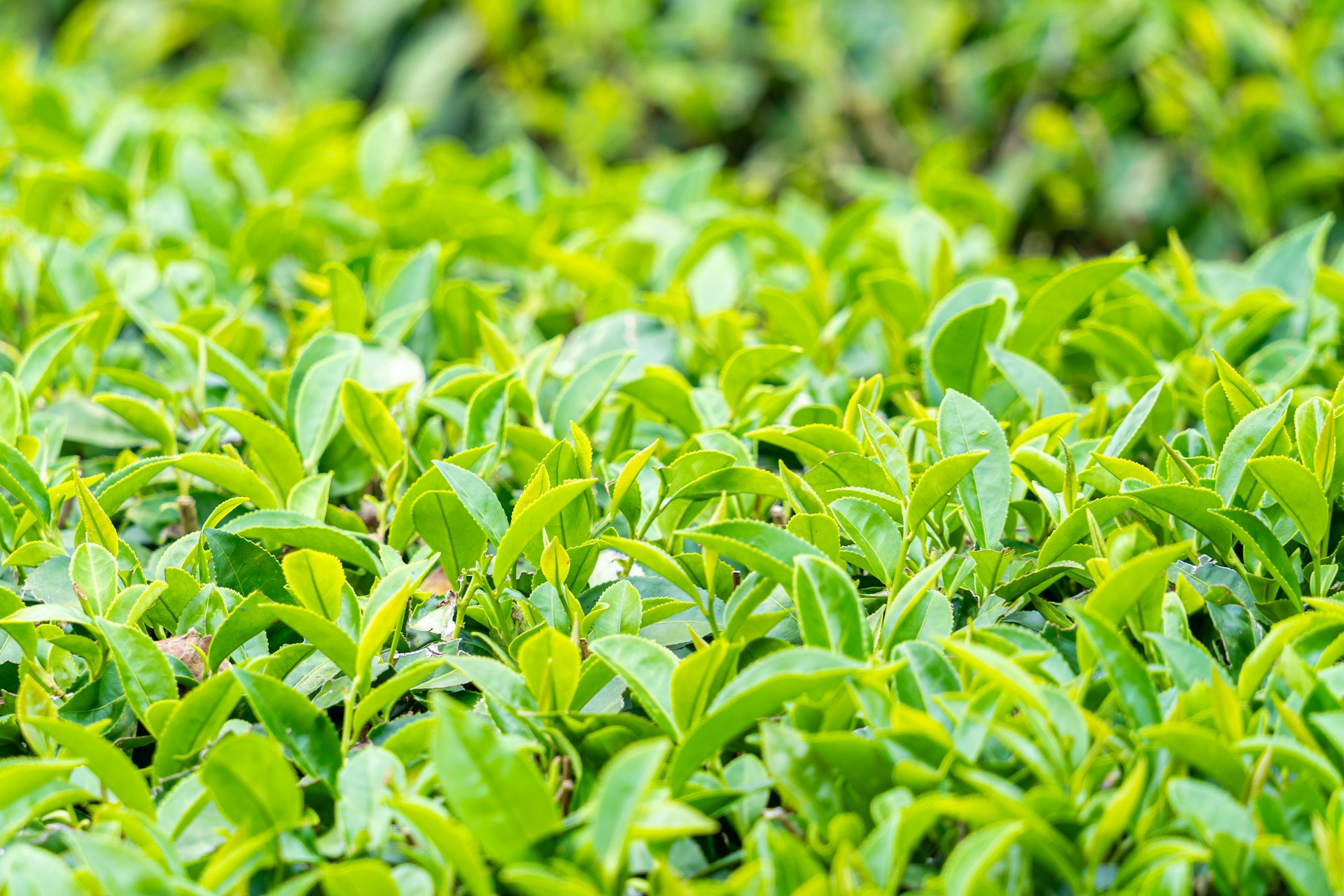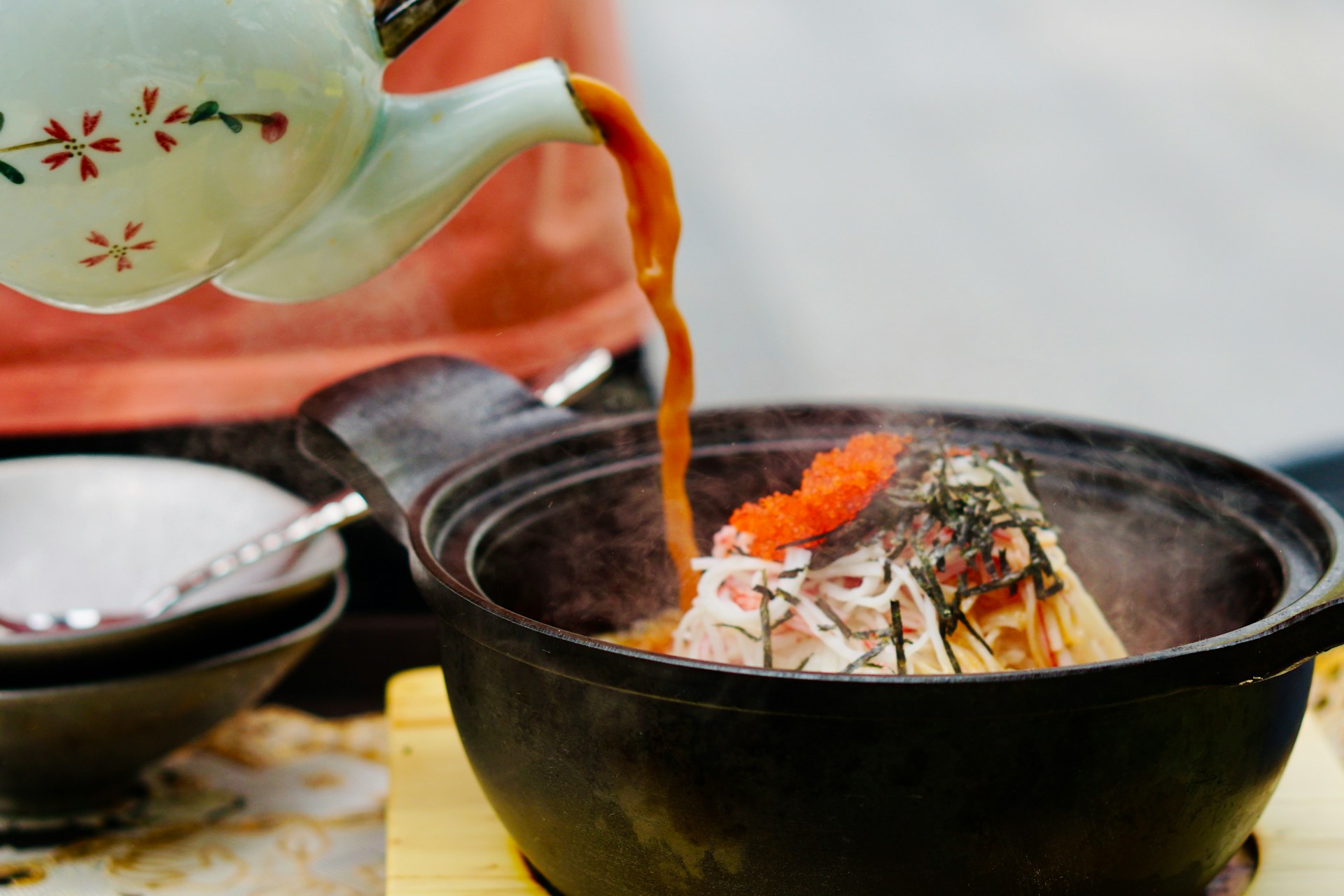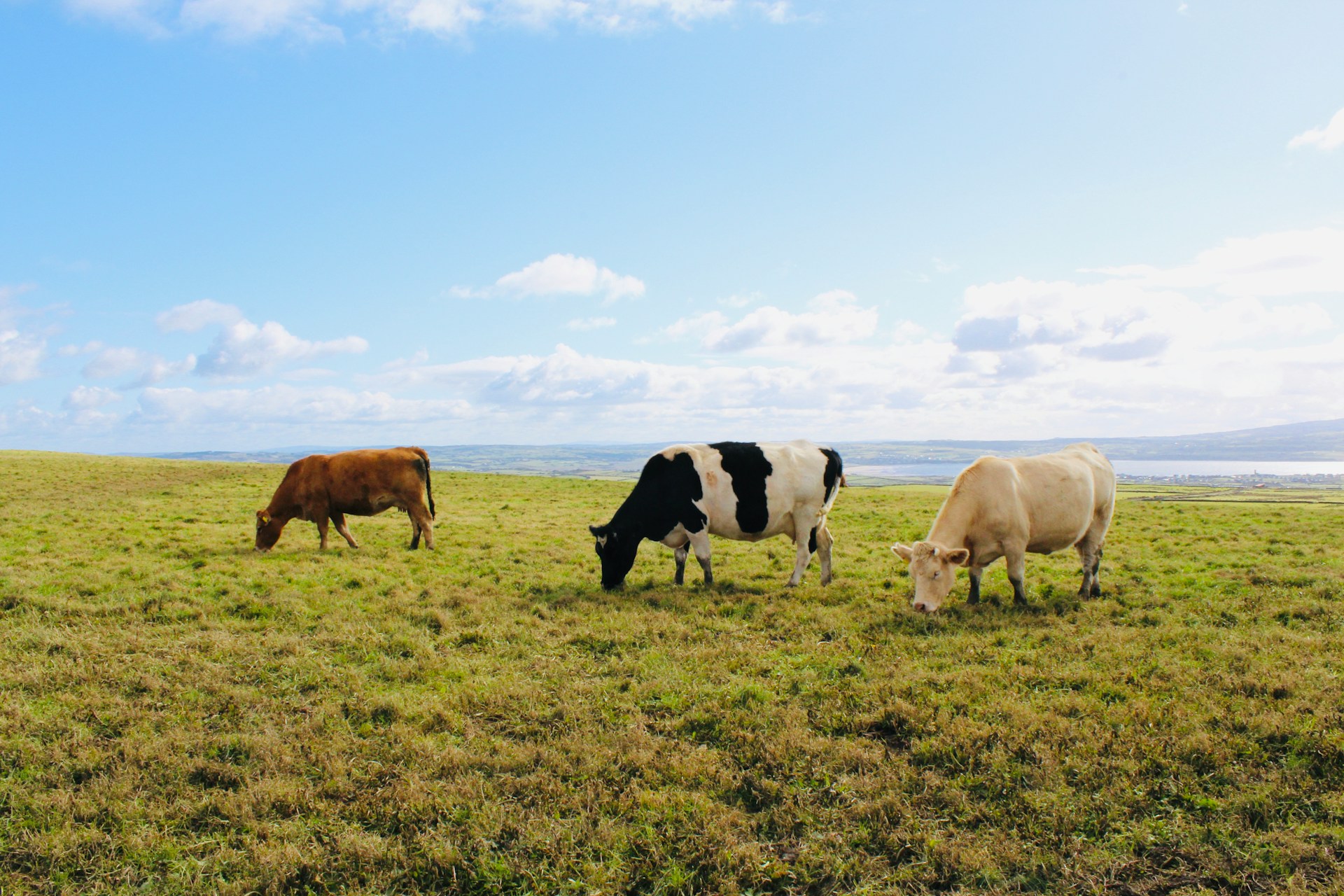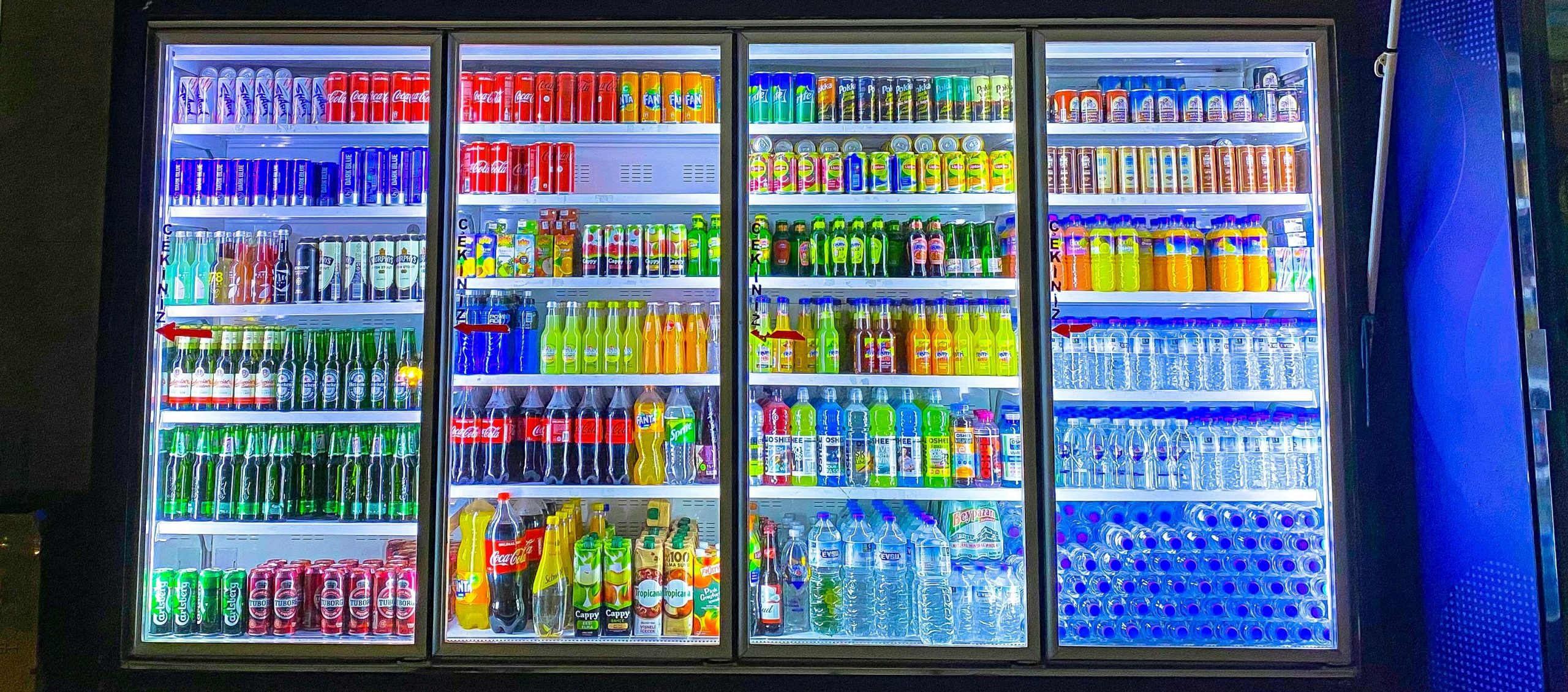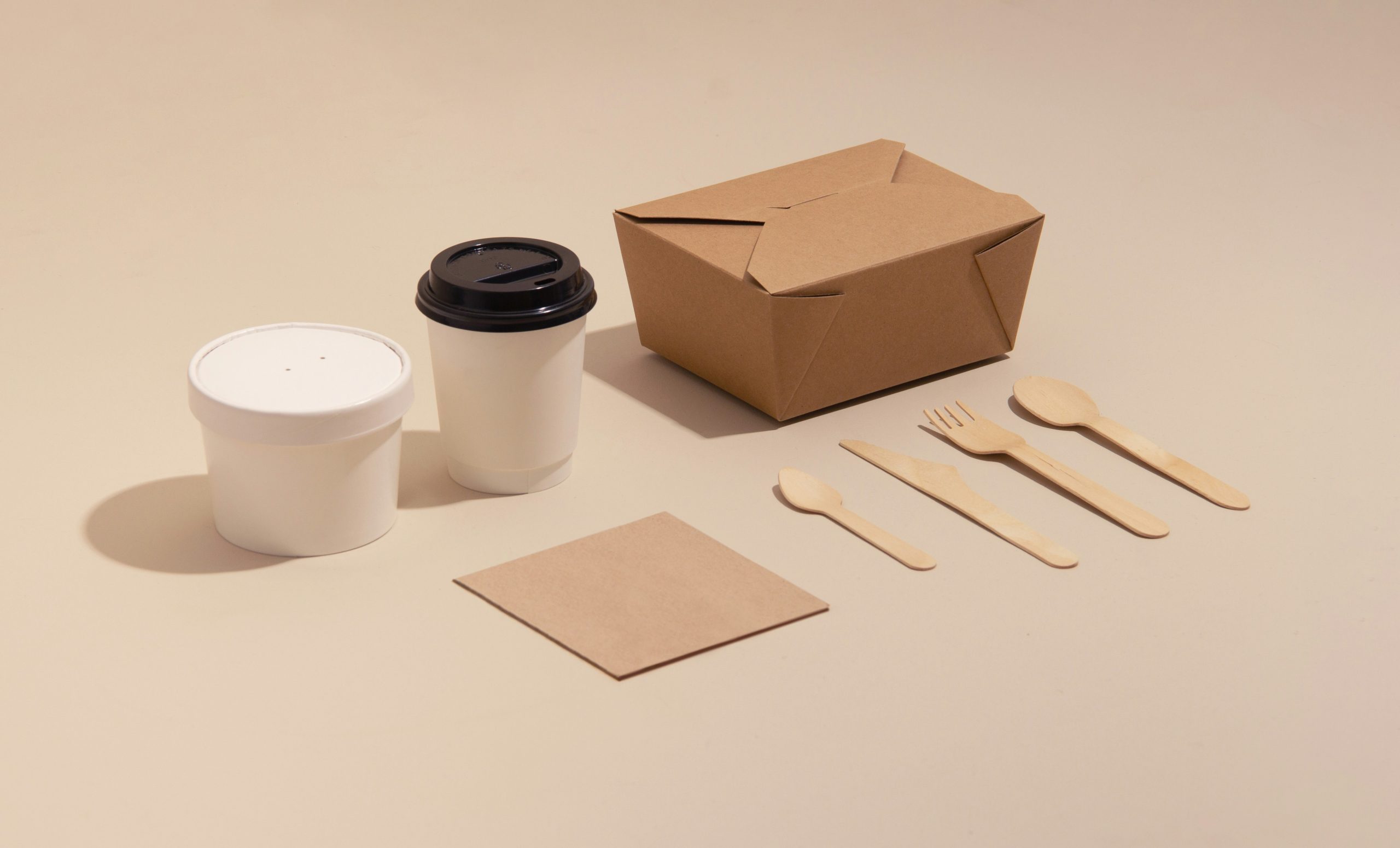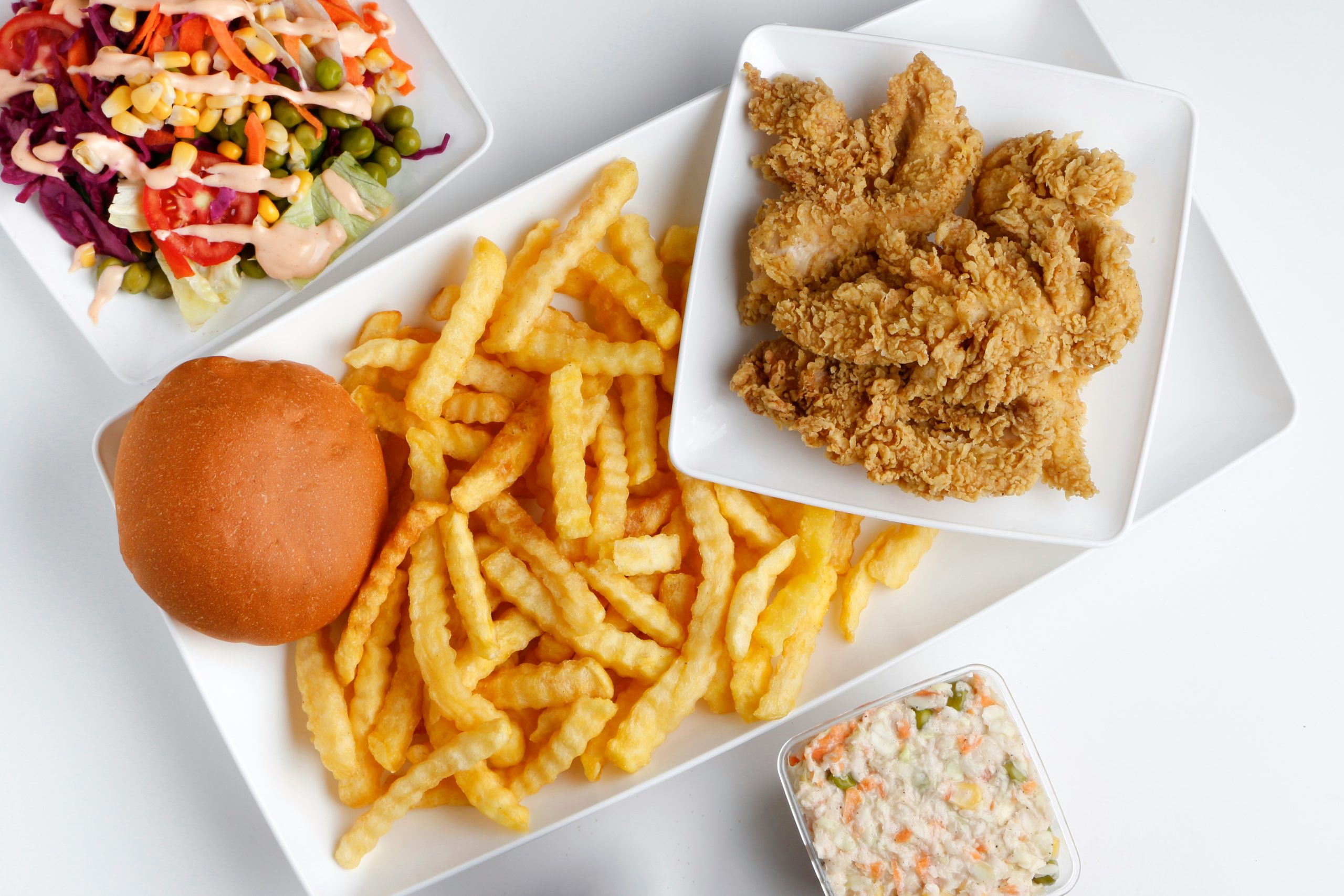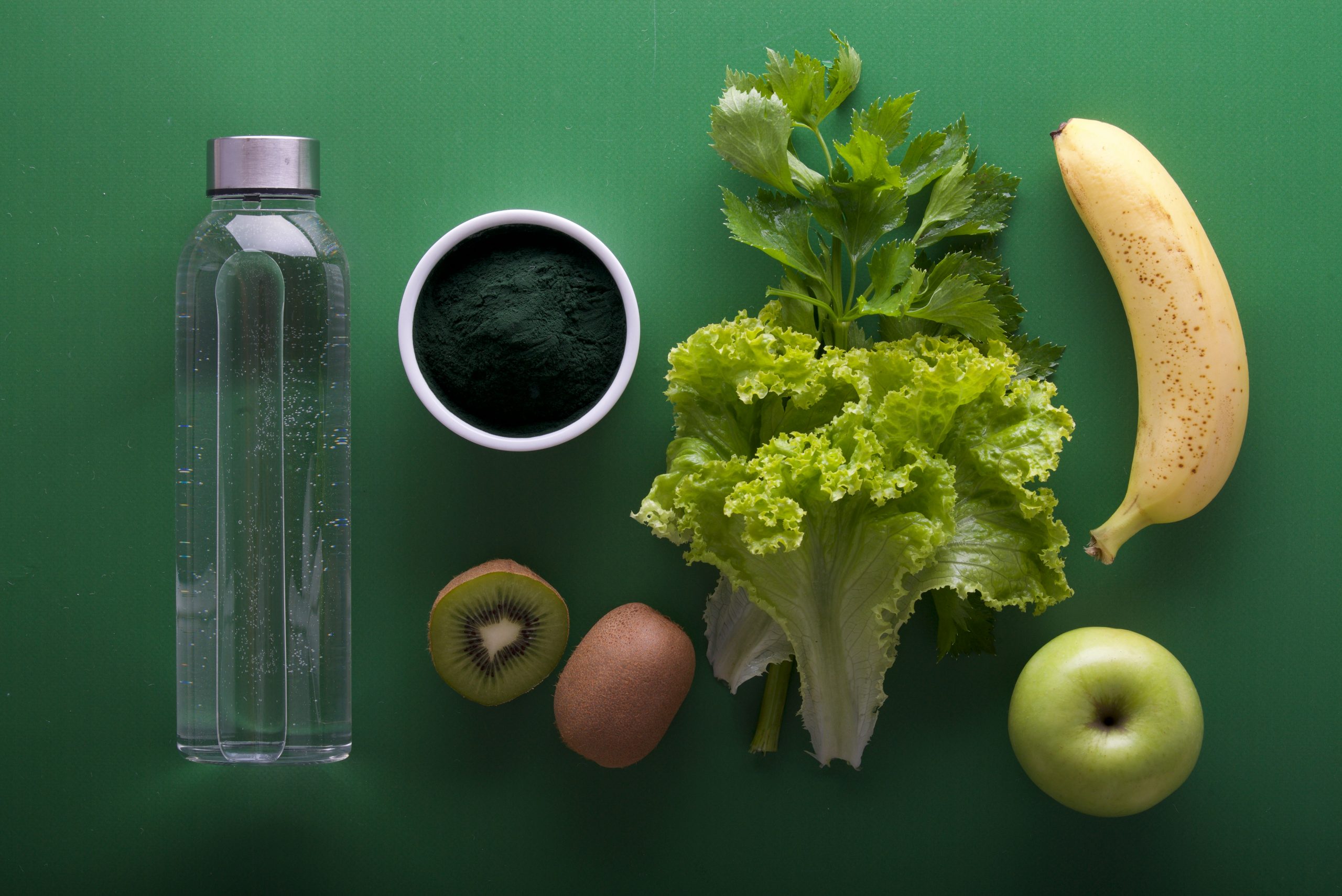Vietnam’s eco-friendly straw market has emerged as a response to the country’s commitment to reducing plastic waste. The government’s increasing restrictions on single-use plastics, combined with consumer demand for sustainable products, have created fertile ground for the growth of eco-friendly straw production and consumption. Straws made from materials such as bamboo, grass, rice, paper, and metal are becoming popular among businesses and individuals alike.
Overview of Eco-Friendly Straws in Vietnam
Statista projects that Vietnam’s Beverages Market revenue will reach 0.9 billion USD in 2024, with an expected annual growth rate of 10% from 2024 to 2029, resulting in a market volume of 1.4 billion USD by 2029.
The demand for single-use utensils, particularly straws, is also increasing alongside the growth of Vietnam’s F&B market, driven by both dine-in and takeaway services. Currently, most straws in Vietnam, including plastic and eco-friendly options, are produced domestically, primarily by small and medium-sized enterprises.
Some of the most popular types of eco-friendly straws in Vietnam
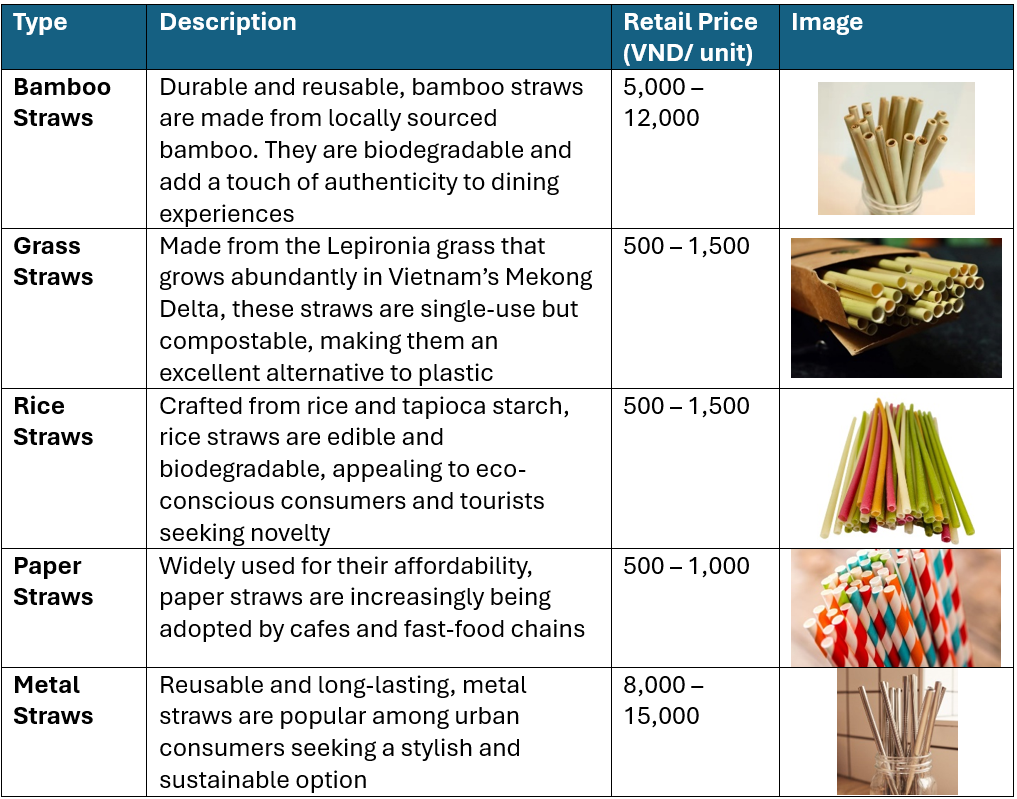
Key Drivers of Growth of Eco-Friendly Straws in Vietnam
The increasing consumption of eco-friendly straws in Vietnam is driven by several key factors:
- – Government Initiatives: The Vietnamese government has taken steps to curb plastic pollution, such as the introduction of policies encouraging the use of biodegradable and reusable materials. By 2030, Vietnam aims to eliminate single-use plastics in urban areas, further driving the demand for alternatives like eco-friendly straws.[1]
- – Consumer Awareness: With greater exposure to global sustainability trends, Vietnamese consumers especially the young one are becoming increasingly eco-conscious. This shift in consumer behavior has prompted businesses to adopt sustainable practices and offer eco-friendly products.
- – Tourism Industry: Vietnam’s thriving tourism sector, particularly in eco-destinations such as Hoi An and Phu Quoc, has spurred the demand for sustainable solutions. Restaurants, hotels, and cafes catering to international tourists are adopting eco-friendly straws as part of their green initiatives.[2]
- – Export Potential: With global demand for sustainable products rising, Vietnam’s eco-friendly straws have significant export opportunities, particularly to countries that ban single use plastic in Europe, North America or South Korea and Japan.
- – Widely consume by F&B Chains and Major companies: Many leading F&B restaurant chains in Vietnam, such as The Coffee House, Phuc Long, and Trung Nguyên, have transitioned to using 100% paper straws and cups. Similarly, major food and beverage companies like Nestlé are at the forefront of sustainability initiatives, replacing plastic straws with paper alternatives in their product packaging.
Challenges in the Market of Eco-Friendly Straws in Vietnam
Despite its growth, the eco-friendly straw market in Vietnam faces several hurdles:
- – Cost: Eco-friendly straws are generally more expensive than plastic straws, posing a challenge for widespread adoption among cost-sensitive consumers and small businesses. Currently, plastic straws on the market cost around 100-200 VND/ straw. Meanwhile, environmentally friendly straws made from natural ingredients have the lowest price currently at around 500 VND/ straw.[3]
- – Production Scalability: Many eco-friendly straw manufacturers in Vietnam operate on a small scale and lack of capital, limiting their ability to meet large orders and export demands.[4]
- – Consumer Education: While awareness is growing, not all consumers understand the environmental impact of their choices or the benefits of switching to eco-friendly options.
- – Quality and Durability: Some eco-friendly straws, particularly those made from paper or rice and tapioca starch, may not perform as well as plastic straws, leading to mixed consumer experiences.
Conclusion
The eco-friendly straw market in Vietnam represents a promising avenue for sustainable development and economic growth. By leveraging its natural resources, fostering innovation, and addressing key challenges, Vietnam has the potential to become a leader in the global eco-friendly straw industry. As consumer awareness continues to grow and businesses increasingly prioritize sustainability, the future of eco-friendly straws in Vietnam looks bright.
[1] https://en.vietnamplus.vn/vietnam-targets-reduction-in-single-use-plastics-and-plastic-waste-post254043.vnp
[2] https://tuoitrenews.vn/news/ttnewsstyle/20240810/foreigner-astonished-by-paper-straws-cups-at-tourist-sites-on-phu-quoc-island/81365.html
[3] https://tuoitre.vn/ong-hut-tu-la-kho-cua-cac-co-gai-tre-canh-tranh-gia-voi-ong-hut-nhua-20241008144146599.htm
[4] https://vnbusiness.vn/khoa-hoc-cong-nghe/doc-dao-san-pham-ong-hut-an-duoc-sinh-ra-tu-khat-vong-xanh-1097983.html
| B&Company, Inc.
The first Japanese company specializing in market research in Vietnam since 2008. We provide a wide range of services including industry reports, industry interviews, consumer surveys, business matching. Additionally, we have recently developed a database of over 900,000 companies in Vietnam, which can be used to search for partners and analyze the market. Please do not hesitate to contact us if you have any queries. info@b-company.jp + (84) 28 3910 3913 |
Read other articles

